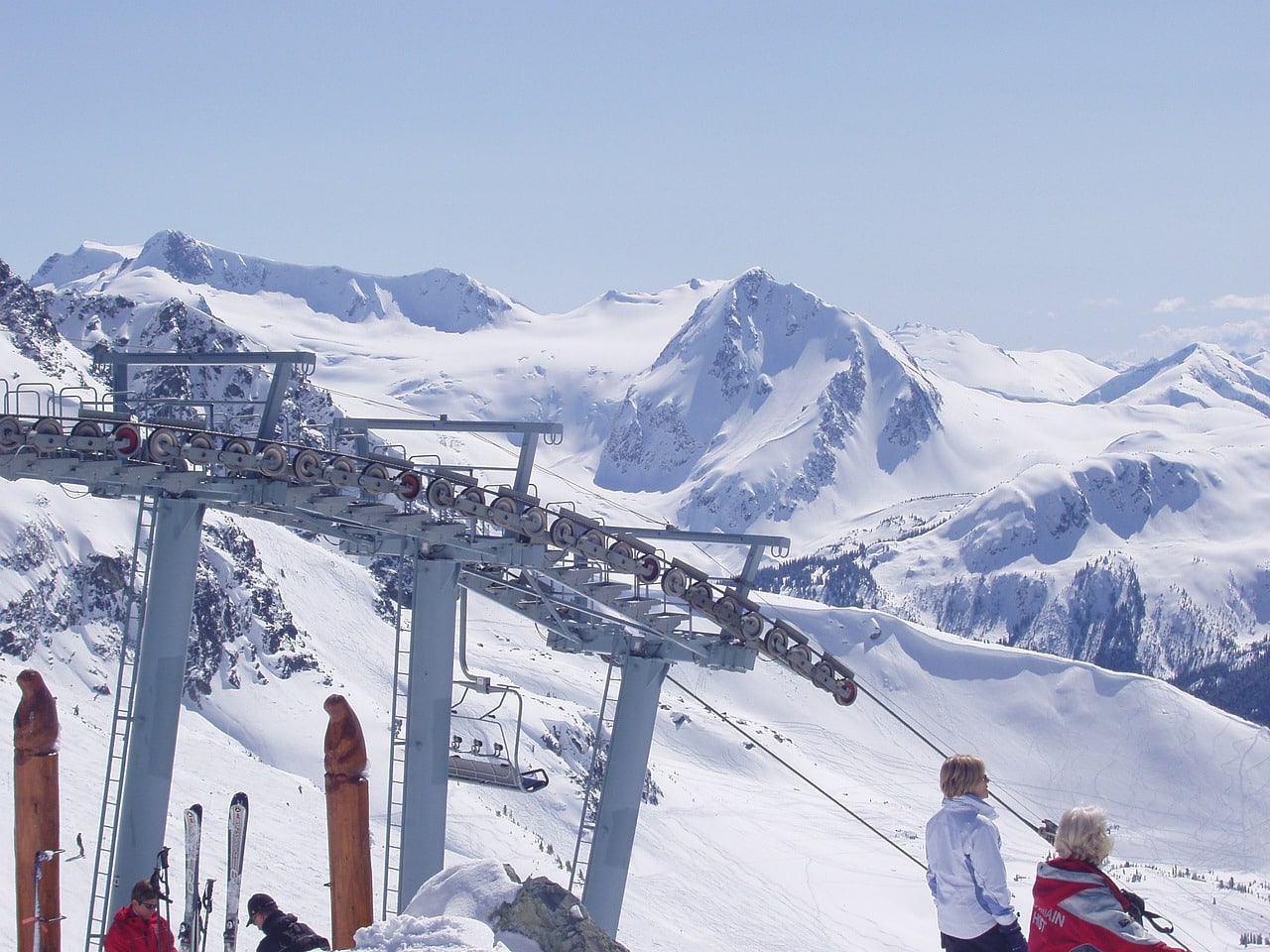Participating in and watching winter sports has always been a passion however in recent times I have not had the opportunity to get my skis on and hit those wonderful invigorating slopes. My desire to do so has been raised a notch this week with the start of the Beijing Olympic Winter Games which runs from the 4th to the 20th of February 2022.
Now there has been plenty of controversy around these games but one thing for certain is that there is always a legacy from hosting an Olympics. I reckon over the coming years we will see more and more Chinese athletes competing successfully in the Winter Games and in events we would previously not have expected them to be successful.
Another legacy would normally be the resort and facilities themselves. It remains to be seen whether Beijing can attract winter sports enthusiasts after the games or indeed whether the facilities will remain. The fact that the city is entirely dependent on artificial snow which is not at all environmentally friendly begs further questions. However, for now, incredible sporting prowess will get the headlines and I am sure an amazing event will unfold as it has done at so many games over the years. Who could forget Torvill and Dean’s Bolero in Sarajevo in 1984 or those incredible Summer Olympics in London in 2012?
Whistler Olympic Games 2010
Another destination that made a splash or should that be a carved turn is Whistler in British Columbia, Canada. They hosted the 2010 Olympic and Paralympic Winter Games and 12 years on, the spirit and impact of those games lives on.
While it was Vancouver that was the primary host city, the resorts of Whistler and Richmond both hosted many events. Whistler and Blackcomb Mountain was already renowned for top-class skiing and snowboarding however following these Olympics it became recognized as one of the leading premier alpine sports venues in the world. As well as staging the alpine, cross-country, Biathlon, Nordic combined, and ski jumping events, it was also home to the bobsleigh, luge, and skeleton.
A Sustainable Games
The 2010 Olympics cemented Canada’s reputation as being one of the world leaders in sustainability. Throughout the games, the total energy consumption of all the venues was monitored and made accessible to the public. While one of the venues was being constructed there was the amusing story of a settlement of tiny-tailed frogs being discovered and relocated to safety. A small step or perhaps that should be hop but a story with meaning that seemed to resonate with those looking for positive sustainable messages.
As a result of these games, Whistler became a blueprint for future events in terms of sustainability and environmental issues.
Venues from 2010
Stories of Olympic venues going into disrepair in the months and years following the event have sadly been a common occurrence. However, here in Whistler, the legacy has been maintained with four key areas continuing to attract tourism and make the most of that investment from 2010.
The Whistler Athletes’ Centre is currently a training and accommodation facility for various sports and cultural activities.
The Whistler Sliding Sports Centre is a world-class training location for bobsleigh, skeleton, and luge. If you have ever fancied giving it a go you can slide like an Olympian by becoming a passenger in a Bobsleigh which is driven by a trained pilot. You could take a solo skeleton ride through six corners and at speeds of up to 100kph. There are also opportunities for all to try the sport of luge. The Centre provides various spectating opportunities to watch athletes training and finally, you can enjoy a tour where you can learn the history of the centre and those games in 2010.
The Whistler Olympic Park is a 130km area of skiing and hiking trails, with accommodation and other facilities. Events that today you can enjoy include Cross Country Skiing, Snowshoeing Tours, Biathlon, Tobogganing as well as Youth Spring Break Camps.
Former housing units from Whistler’s Olympic Village have been relocated to provide affordable housing to communities in need.
Whistler Today
These legacies from the Olympics in 2010 helped to make Whistler the world-class winter holiday resort it is today. 37 lifts are servicing over 200 runs offering everything from beginners’ slopes and tuition to some of the toughest ski runs in the world.
Whistler is divided into a few different areas but throughout the resort, there are high-class hotels like the Fairmont Chateau or the Four Seasons Whistler. There are plenty of health and wellness hotels for easing those tired limbs after a day on the slopes. Families are well catered for with many welcoming properties with a wide choice of facilities. Add to this great dining options with atmospheric restaurants for all tastes and budgets and a nightlife that puts many resorts apres skis to shame.
Whistler Village is the most built-up part of the resort. This pedestrianized village is full of cobbled streets and boutique shops, restaurants and bars. With two lifts to the slopes, this is a great place to stay for both ski access and après ski.
Other parts of the resort include Upper Whistler where you can ski to the hotel door and easily access the many trails for cross-country skiers. There is Creekside which is a popular spot for families as it’s quieter yet with plenty of facilities. Then there is Alta Vista and Function Junction, both alternative options between the village and the slopes.
Numerous events including concerts, festivals, live music, and street entertainments are common throughout the season. Whilst I have focused on winter visits it is worth noting that Whistler is also very popular in the summer months with activities galore including hiking, climbing, mountain biking, and golf.
Environmental Efforts
The resort now has a strong vision for sustainability and actively encourages a variety of suggestions to visitors. Tap water is safe to drink so you are encouraged to use that over bottled alternatives, therefore reducing plastic waste. Whistler is working towards becoming a plastic bag-free community. You are invited to not bring your car to Whistler and instead look at public transport and shuttles from airports and nearby towns. For those bringing cars then electric vehicles are well received with many recharging stations.
Hotel linen programs invite you to not change your sheets and towels daily. Litter cleaning, waste, and composting efforts are widespread. As well as these invitations to tourists the local community also have their initiatives with the sole aim of protecting the area’s natural environment.
Many of these measures were introduced as a direct impact from the Olympic Games in 2010 and today these efforts are more important than ever.
How To Get There
Flight access to Whistler is via either Seattle-Tacoma, Vancouver International or the lesser-known Bellingham International Airport and then bus or car transfers to the resort.
Get Your Skates On
Whistler is an example of how the hosting of a Winter Olympics can be the catalyst for a brighter sustainable and more responsible future. Let’s hope that Beijing and the Winter Olympics of 2022 can not only deliver an amazing experience but also a legacy of blending sport with culture, education, and international cooperation – after all, that is the Olympic ideal.
For more information on the resort of Whistler in British Columbia, Canada get in contact with either Destination Canada or Tourism Whistler.







